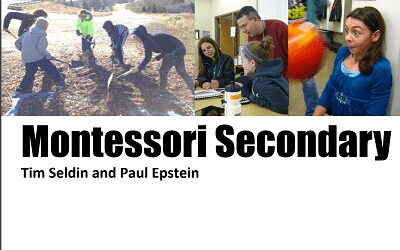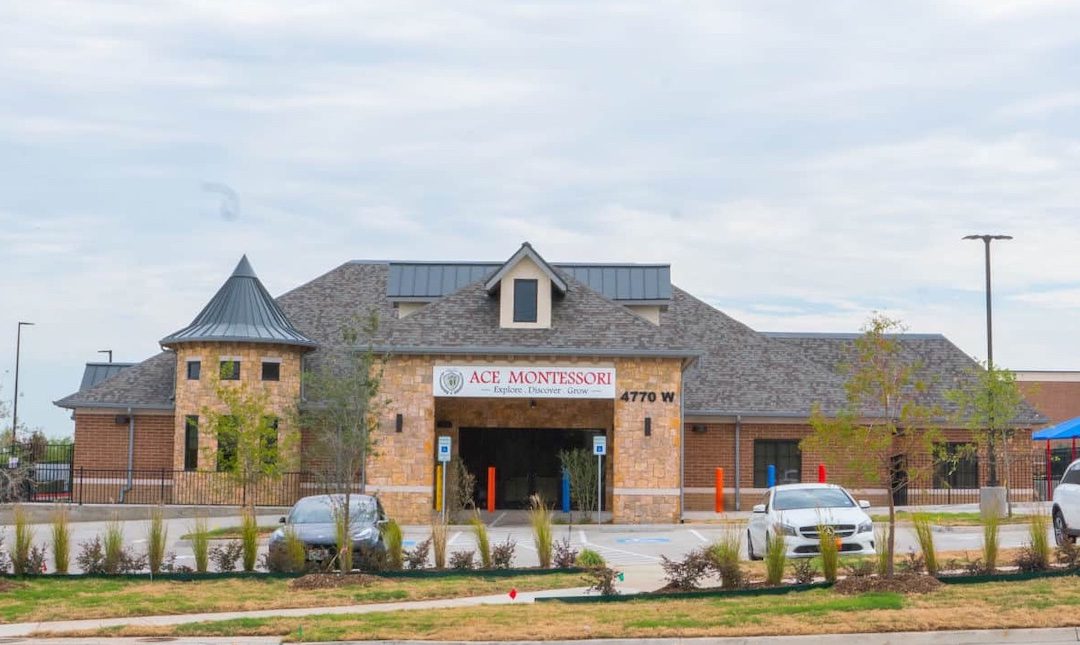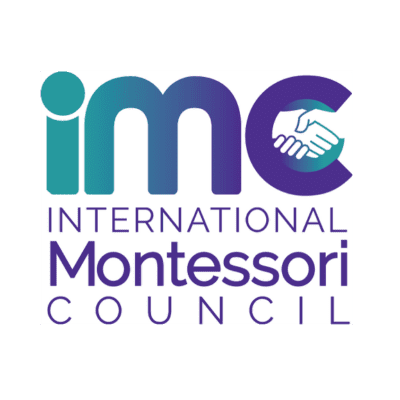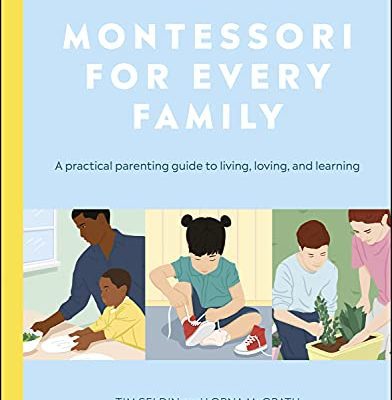The Montessori Way: School Leadership
About 90% of the Montessori schools in the US are nonpublic. While many are nonprofit, the number of new for-profit privately owned Montessori schools continue to expand, and we see a growing number of networks or chains of schools cropping up.
In the early days of the Montessori movement in the US, new Montessori teachers often dreamed of having a school of their own. Sometimes opened with family money, perhaps a parent partner, and sometimes on a shoestring in a single classroom, Montessori has always had a sector of schools run as private businesses.
At the Montessori Foundation, we celebrate the many faces of Montessori, whether public, charter, private nonprofit, or private for-profit.
Some of the most interesting and stable Montessori schools are private businesses run by owners who love their school, offer exemplary Montessori programs, and earn a return on their investment.
While most Montessori educators want to see more programs offered to children who cannot afford private school tuition, creating and sustaining a high-fidelity Montessori school within the public sector has always been a challenge.
Even well-established public Montessori schools can suddenly go in a different direction if there is a change in school leadership, state regulations, or district priorities.
Nonprofit private Montessori schools can also find it challenging to stay true to their original vision and mission over time with an ever-changing board, school leaders who are not committed to Montessori, and the challenges often created by parent expectations.
We find it interesting to note the wide range and continuing growth of new schools opening in the small business world.
Let’s take a case in point: Painted Tree, a new residential community in McKinney, Texas, announced plans for a new Montessori school. Recently, the McKinney Courier-Gazette ran this story:
Oxland Group, a Dallas/Fort Worth-based development firm, today announced plans confirmed by the City of McKinney for the development of a Montessori school within Painted Tree. The 12,000-square-foot school will be located on a two-acre site on the northeast corner of Hardin Boulevard and Taylor Burke Drive. Developers will break ground on the new site in August 2022, enrollment will begin in January 2023, and the school is expected to open in the Summer of 2023.
“We couldn’t be more thrilled to bring a high-quality education facility to future residents of Painted Tree and greater McKinney,” says Tom Woliver, co-president and founder of Oxland Group. “The Montessori experience parallels our own vision for Painted Tree in fostering exploration, curiosity and engaging the natural world around us.”
The Montessori School at Painted Tree will provide educational experiences to approximately 200 students, ages 6 weeks to 6 years old. The school will offer employment to approximately 25 teachers and staff, following a curriculum that balances academic, creative and outdoor activities. Montessori education is student-led and self-paced but guided, assessed, and enriched by knowledgeable and caring teachers, leadership of their peers and a nurturing environment.
“Incoming residents and community partners have expressed a strong desire for a Montessori school at Painted Tree,” says Indu Pancharpula, owner and operator of Learning Tree Montessori. “We have found a great place for our future home at Painted Tree and look forward to raising up children and future generations for years to come.”
In addition to the Montessori school at Painted Tree, Pancharpula owns and operates three existing schools in Prosper, Anna, and Princeton; plans to open two locations in Celina and South McKinney in July 2022; plus, three more in Celina, Melissa and Frisco over the next two years.
We have not verified the facts in the story. Still, it illustrates a growing trend across the United States.
Investment groups or small partnerships see the potential of running Montessori programs in multiple locations with many centralized administrative functions.
A few well-known examples are the Le Porte schools, Guidepost Montessori, Montessori Unlimited, and Endeavor schools.
There are many smaller networks, such as the Montessori Schools of Silicon Valley that began in the Milpitas, California area and are now starting to expand to Texas.
We will continue to monitor this trend.
There is nothing inherently antithetical to Montessori if a school is run on a for-profit basis. My own family ran the Barrie School in Washington, DC that way for more than 50 years.
Even though the Montessori Foundation works within the nonprofit sector, we appreciate the stability and consistency that can be achieved with private ownership, especially when operating at a scale that allows for shared administrative coordination.
While many Montessori parents and teachers may feel that schools should be nonprofit, every school—public, private nonprofit, or private for-profit— is a business.
What matters most is the quality of the school’s programs and services and whether its culture leads to high staff morale, well-educated Montessori children, and satisfied families.
There is a myth that being for-profit is inherently inconsistent with authentic Montessori.
We have seen that be the case from time to time, but we see it just as often in nonprofit, public, and charter Montessori schools.
Let’s appreciate quality Montessori wherever we find it. We celebrate that families have a choice of where to send their children to school and recognize that Montessori schools are allowed to offer a program that is usually very different from most state schools.
Schools continue to look for ways to create a more diverse school community through the strategic use of financial aid drawn from within the school’s budget, or working with government income-based scholarship funds wherever they exist.
Always consider the trade-offs when we accept government money through programs that provide financial assistance to low-income families to help them afford the cost of preschool or alternative nonpublic school options. Look at the compromises we may be forced to make to qualify for those programs and consider whether the price is worth the reward..
If the price of participating in any state-funded program is unacceptable, is to charge tuition high enough that makes it possible to set aside a portion of your funds to provide your own need-based financial aid programs. Some schools do this on a sliding scale tuition basis. Instead, we recommend an outside financial aid management service that screens applications for your school.





